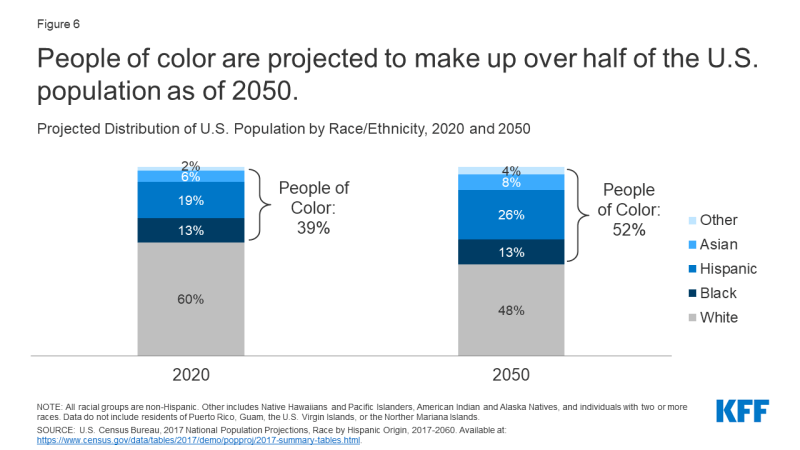What are the broader implications of disparities?
Principles of pharmacotherapy
September 14, 2022Would Approaching Future Pandemics As A Public Health Issue Decrease Rates Of Infectious Diseases For Developing Countries?
September 14, 2022What are the broader implications of disparities?

What are the broader implications of disparities?
Addressing disparities in health and health care is important not only from and social justice and equity standpoint, but also for improving the nation’s overall health and economic prosperity. People of color and other underserved groups experience higher rates of illness and death across a wide range of health conditions, limiting the overall health of the nation. Research further finds that health disparities are costly. Analysis estimates that disparities amount to approximately $93 billion in excess medical care costs and $42 billion in lost productivity per year as well as additional economic losses due to premature deaths. As the population becomes more diverse, with people of color projected to account for over half of the population by 2050 (Figure 5), it is increasingly important to address disparities.
The COVID-19 pandemic has exacerbated underlying disparities in health and health care and increased the importance of addressing them. This disparate impacts of the COVID-19 pandemic for people of color and other underserved groups may lead to even further widening of health disparities and greater health risks for the community as a whole, particularly if some groups remain at increased risk from COVID-19 due to lower vaccination rates and/or increased risk of exposure to the virus. As such, prioritizing equity in COVID-19 response efforts is not only important for mitigating the disproportionate impacts of the pandemic itself, but for protecting against even larger health disparities in the future.


